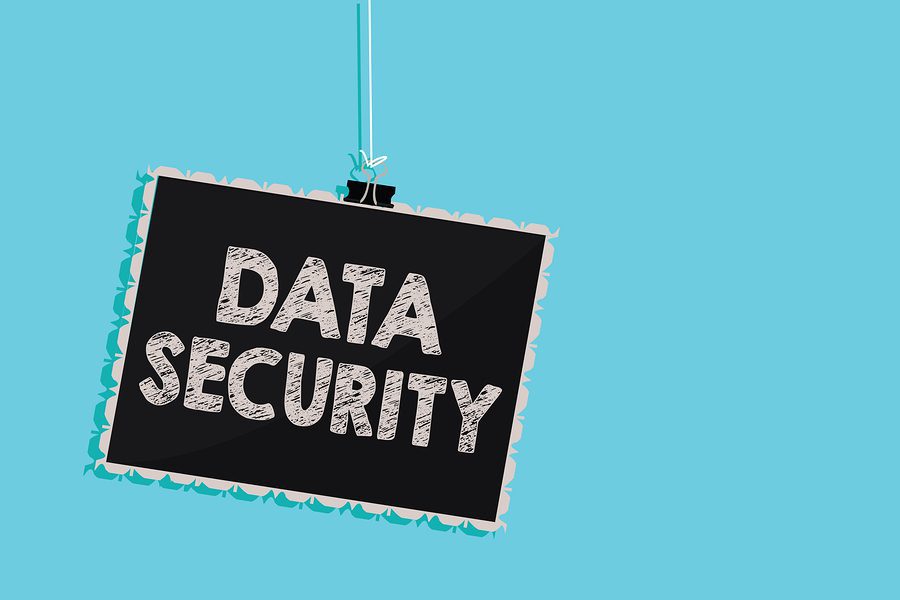
Chances are, if you’re part of a healthcare organization, EHR system replacement has affected you in some way. It’s likely you’ve either just finished, are in the middle of, or are just getting started with the large task of implementing a new go-forward EHR. And if EHR system replacement consideration hasn’t yet reached your facility, it may be coming soon.
According to a recent report, 27% of ambulatory providers plan to launch EHR replacement projects within the next 18 months. The catalyst behind switching systems is varied:
- 33% report the current health IT solution isn’t fitting the organization’s needs
- 20% believe other systems offer higher value
- 19% have had a negative experience with the service or support
- 18% are disappointed in the lack of new functionality available
- 5% chalk it up to price
- 5% are aligning with another organization
Acute care hospitals are right in line with the EHR system replacement pattern as well, often driven by ongoing healthcare organization consolidations. KLAS reports that, since 2014, 1/5 of all EHR system swaps in acute care hospitals are a result of organizational mergers and acquisitions. Additionally, 2018 saw higher EHR purchases than either of the previous two years, coming in at a robust 445.
This uptick in EHR system replacement means data is obviously moving – but does it make sense for ALL the data to migrate to the new go-forward solution? The answer is almost always going to be no – however federal and state record retention requirements still need to be met. Keeping legacy systems up and running so that there’s access to necessary legacy data is an option, albeit not an ideal one. This solution not only increases vulnerability and risk of breach, but also comes with the cost of continued labor and maintenance.
A more secure solution is to decommission the legacy system and archive your legacy data. This provides the necessary access to medical records, but also reduces the risk, labor burden, and maintenance costs of out-of-production software applications while ensuring that retention laws are met.
To circumvent having to make a last-minute decision about what to do with your legacy data, design your EHR system replacement plan to be cohesive by including a legacy data management strategy. With replacements on the rise, having a plan in place already gives you a head start on what can sometimes be an arduous migration process and is in the best interest of your organization’s long-term vision.
Have a specific system you’re considering decommissioning? Harmony Healthcare IT has experience working with well over 250 EHR brand names, including Allscripts, Cerner, CPSI, eClinicalWorks, GE Centricity, Healthland, McKesson, MEDITECH, and NextGen.
We’re here to help.






